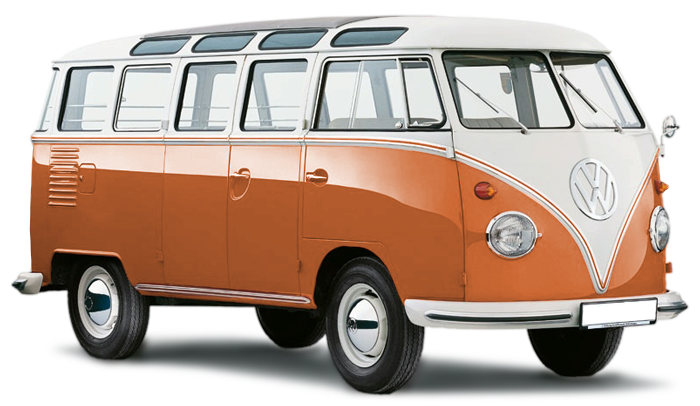Compare campervan insurance quotes

So, why should you compare Campervan Insurance? It is best to look after what you value most in life, which applies to your campervan as much as anything else. You insure your home and car, so why wouldn’t you insure your campervan? It’s your home away from home; the worst thing that could happen is being damaged or stolen when you have no cover to provide financial support. With this in mind, now could be a great time to ensure your beloved camper van so you can enjoy hitting the road and using your vehicle to its full potential with a reduced threat of costly damages looming over you.
Insuring your campervan is similar to insuring an ordinary car and can be surprisingly straightforward. However, before you receive a quote, you’ll need to provide background information on the van you drive (model, age, engine size). Additionally, further details about yourself (driving history, information on your no-claims bonus, age, and so on). These factors will then be considered to calculate an insurance premium that may cover you and your campervan in case of any breakages, fire and water damage, loss, theft or any other unexpected circumstances – depending on how comprehensive your policy is.
It’s important to note that insurance policies and coverage options can vary. As such, it’s recommended to carefully review the terms and conditions of any insurance policy to ensure you have coverage that meets your needs. Campervan insurance is critical in the same way as any other vehicle, such as your car.
Also known as a camper van or a conversion van, these are typically smaller and are built on a van chassis. They often include sleeping accommodations, a small kitchenette, and a bathroom.
These are larger than Class B and are built on a truck chassis. They have a distinct cab-over section that provides additional sleeping space or storage. Class C motorhomes usually feature a separate bedroom, a larger kitchen, a bathroom, and various amenities.
VW campervans have a cult following, particularly the iconic Volkswagen Type 2 (the VW Microbus or VW Transporter). These compact vans have been converted into campervans, offering a cosy living space with basic amenities.
Sprinter vans, manufactured by Mercedes-Benz, are popular choices for van conversions. They provide ample space and a tall standing room and can be customised to include various amenities such as a kitchen, bathroom, sleeping area, and storage.
Ford Transit vans are another popular option for campervan conversions. Their versatility and customisable features offer ample space and comfort for a mobile living experience.
While not strictly campervans, RVs are famous for those seeking a spacious, fully equipped home on wheels. RVs come in different classes, including Class A, Class B, and Class C motorhomes, providing a range of sizes and amenities to suit various needs.
These campervans typically have a collapsible roof or sides, allowing for increased headroom when stationary and a lower profile when driving. They are often smaller in size but offer convenient sleeping and living spaces.
A truck camper is a self-contained living unit mounted onto a pickup truck bed. It provides a compact living space with sleeping accommodations, a small kitchenette, and a bathroom. Truck campers offer the advantage of detachability, allowing you to use your truck separately when needed.
Teardrop Trailers: While not technically campervans, teardrop trailers are lightweight and compact trailers that can be towed by a vehicle. They typically have a small sleeping area and a rear galley for basic cooking. Teardrop trailers are popular among outdoor enthusiasts looking for a simple and convenient camping option.
These are just a few examples of popular campervan types. Many more variations and customisations are available in the market. Insurance coverage will be provided for all classes, though quotes may vary wildly.
Please Note: This Insurance comparison tool is provided for your use by SEOPA. Insuro.co.uk is not responsible for the contents of the comparison you receive.
Increase your chance of finding a great deal by comparing multiple companies using a single form.
Purchase your insurance policy quickly and easily; monthly and annual payment options are available.
Get your quotes by filling in one simple form, compare prices, and start saving.
Join our ever-growing list of satisfied customers today.
Our website uses Cloudflare's security features for your peace of mind.
We aren’t owned by or have any investment from any insurance company.